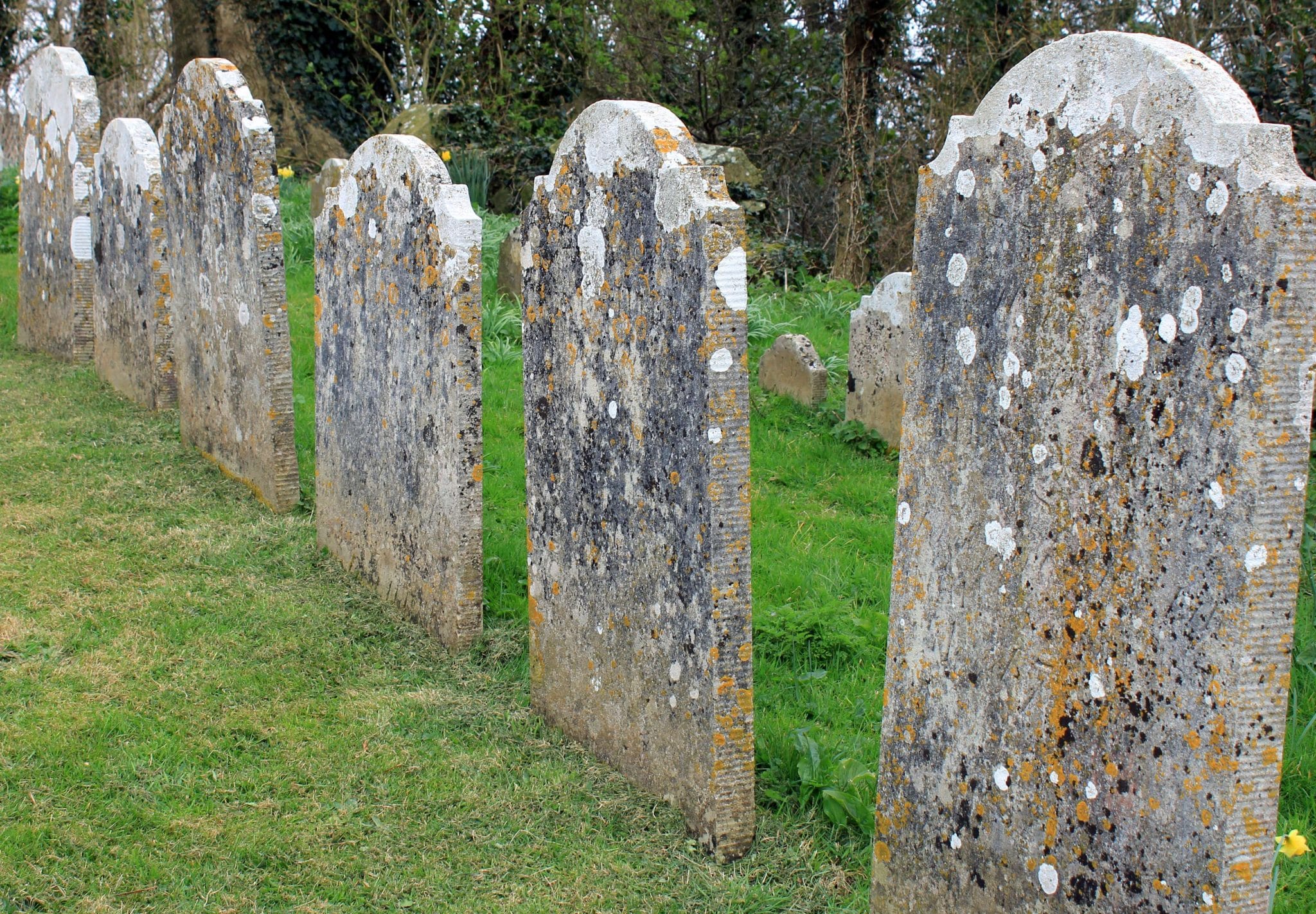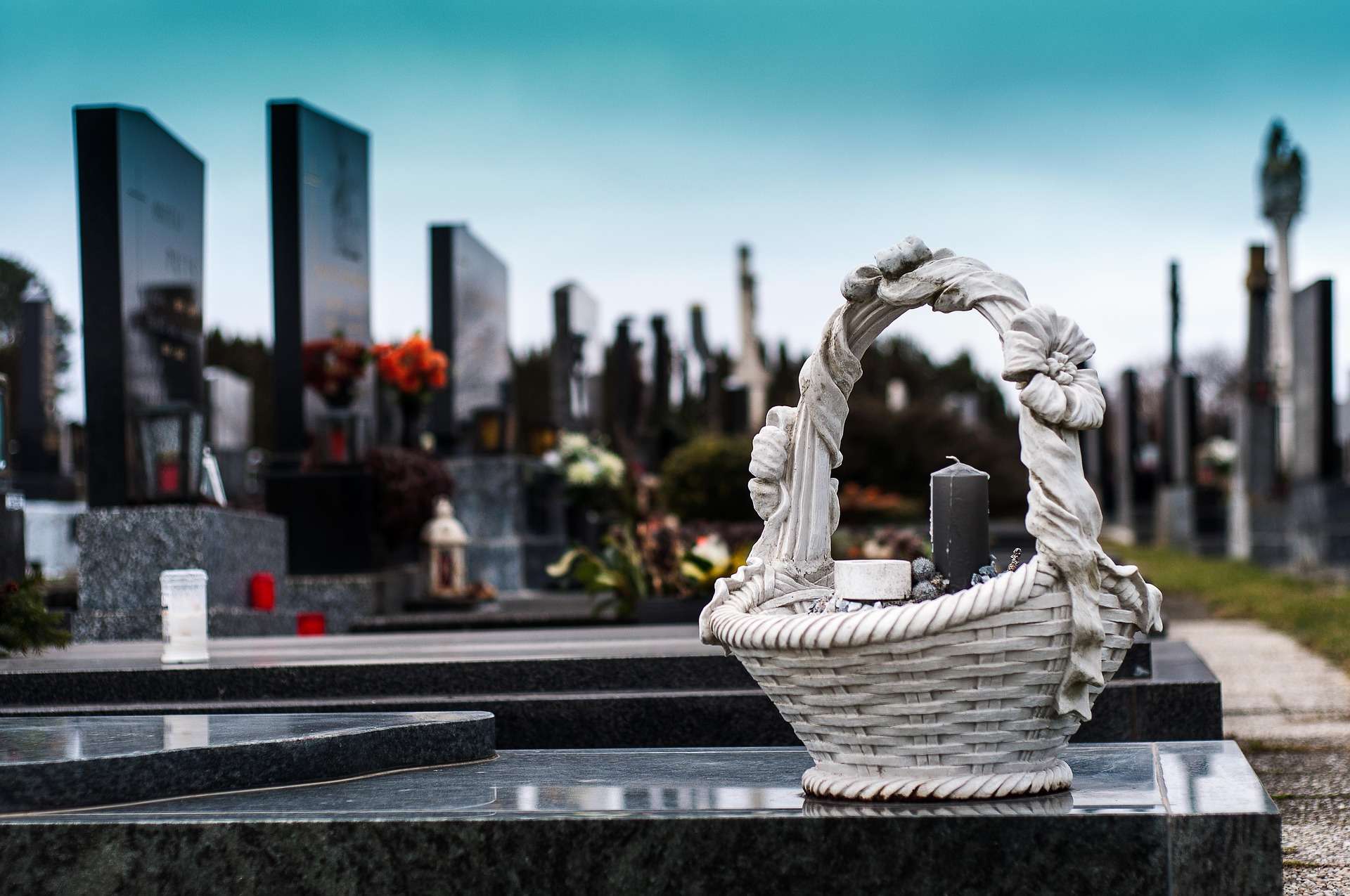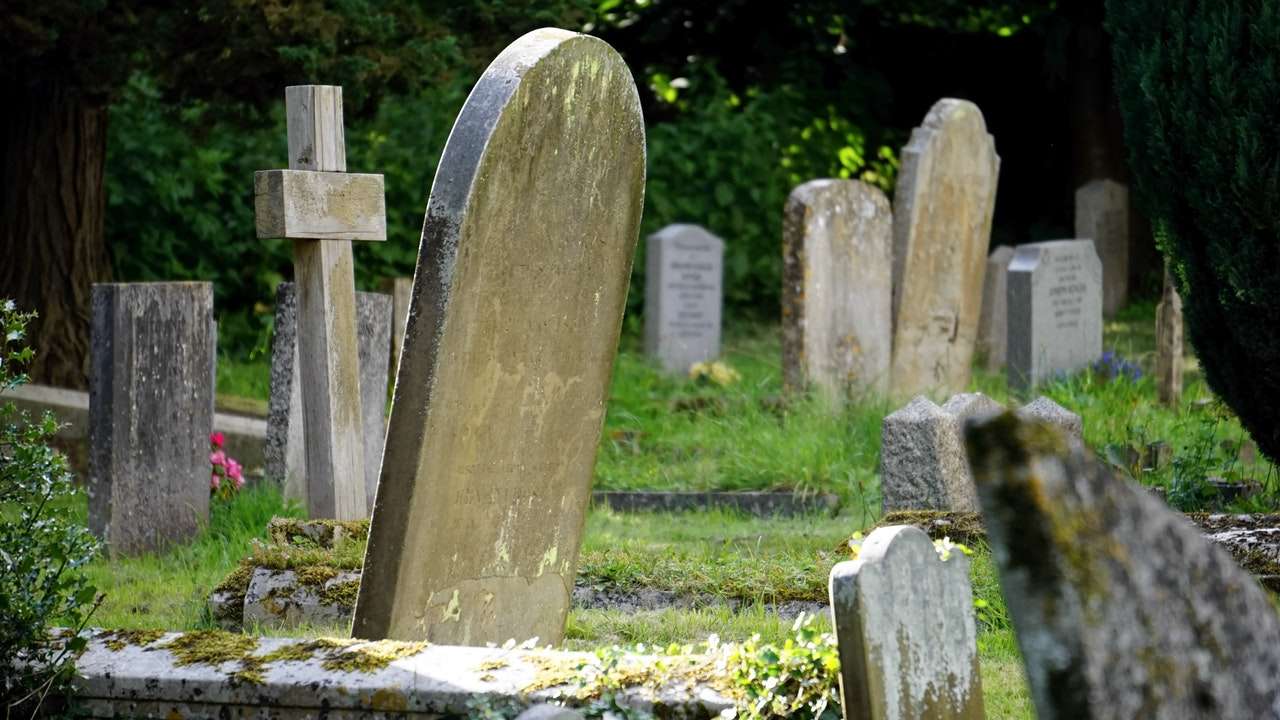ITN highlight rise in “Paupers” Funerals
ITN highlighted the rise of funerals undertaken by Local Authorities and the difference in services provided by Authorities on their main news bulletins on Friday 15th June.
Watch the report and read more about it on the ITV news website.
Network Meeting - East Anglia - 05/06/18
Brief notes from the meeting:
20180605 - East Anglia Network Meeting
Death in Data
A recent article on the BBC website highlighted an expected spike in deaths over the next few years, thus adding to pressure already placed on Local Authorities carrying out Public Health Act funerals.
As life expectancies rise the amount of deaths naturally falls but those people will inevitably pass away at some stage leading to the expected increase.
With the recent Royal London report highlighting the rise in provision of Public Health Act Funerals by Local Authorities it seems that there may be a perfect storm brewing from Councils already suffering from dramatic budget cuts over the past few years.
The BBC article stems from research and a campaign to raise awareness by the Dying Matters Campaign. The article states that "Talking about dying makes it more likely that you, or your loved one, will die as you might have wished. And it will make it easier for your loved ones if they know you have had a 'good death'."
You can read the full article on the BBC website here.
Finding relatives
A recent post to the Funeral Service times has highlighted how Finder International undertakes work to try and ensure that a deceased person has their relatives attend their funeral.
The article can be read on the Funeral Service Times website:
Funeral prices and plans to be reviewed
UK funeral prices to be probed
The BBC is reporting that there are to be two separate reviews carried out by the government into the price of funerals and concerns over pre-paid funeral plans.
The Competition and Markets Authority (CMA) is reviewing funeral costs, "to ensure that people are not getting a bad deal". The investigation will focus on funeral prices to ensure that the public are getting a fair deal. The article goes on to state that the average cost of a funeral in 2017 was £3,800.
Meanwhile the Treasury has started a review of pre paid funeral plans following complaints from consumer groups that people are finding they have to pay additional costs not covered in a plan that were originally thought to be included. The outcome could be tougher regulation.
The full article can be read here:
http://www.bbc.co.uk/news/business-44327899
Finders International have their Finders International Funeral Fund to support Local Authorities with the responsibility of carrying out pre-paid funerals. Payments from the fund can be applied for by a Local Authority who has had to arrange and pay for the funeral of a resident with no known next of kin or any assets. The fund isn't open to the general public, but Finders have had an increase in enquiries from the public for support to pay for Funerals.
Help and advice is available from Quaker Social Action, who have been campaigning relentlessly to highlight the growing problem of funeral poverty.
More details on QSA can be found on their website:
https://www.quakersocialaction.org.uk/we-can-help/helping-funerals/down-earth
The Rising Number of Public Health Funerals
Sometimes called ‘pauper’s funerals’, the Public Health (Control of Disease) Act 1984 places a statutory duty on councils and health boards to bury or cremate anyone who has died or been found dead in their local area if no other arrangements have been made or are being made otherwise.
In recent years, the numbers of such funerals have soared because of rising funeral costs and the increase in the numbers of people dying alone. A Royal London report at the beginning of the year reported that local authorities spent more than £4 million on public health funerals in 2015/16, an increase of 12 percent over the last five years.
At the same time, the cost of public health funerals increased by 36 percent. Freedom of Information data taken from 260 councils revealed that 3,784 public health funerals took place in 2015/16. The biggest percentage increase in public health funerals was for councils in the East of England—up 36 percent.
London local authorities experienced the most significant increase in costs, with a 51 percent rise in the average funeral cost - £1,004 in 2015/16, compared to £666 in 2011/12.
Royal London’s funeral cost expert, Louise Eaton-Terry, said it was always upsetting when the deceased had no one to arrange a funeral, or that their family simply couldn’t afford the expense. It was clear, she added, that councils were facing increasing pressure to accommodate the number of public health funerals and that the Government needed to take urgent action to tackle rising funeral poverty.
A Devonshire report earlier this month backed the national trend. Torbay Council spent more than £45,000 paying for public health funerals in 2017/18—a total of 25 funerals. In its worst year (2015/16), the council paid for 36 funerals.
Nick Pannell from the Friends of Factory Row, a homeless hostel in Torquay, said each of the public health funerals were a “personal tragedy”, and that the area had a “vulnerable, homeless population”.
What happens at a public health funeral? The service varies between areas, but it’s mostly a “no-frills” event that includes the collection and storage of a body, a basic coffin, burial in a public grave or a cremation, and vehicle/bearers to transport and help in the burial of the deceased. The local authority or health board decides on the funeral director, date and time and family members can attend if they wish—providing they can be located.
David Lockwood, Finders International’s public sector development manager, said: “Finders International runs a funeral fund which can be accessed by local authorities and health boards. We’ve pledged to put £10,000 a year into this important fund as this isn’t an issue that’s going to go away.
“Sadly, Torbay Council’s experience isn’t limited to that area. Across the UK, councils and health boards face the same problem.”
You can read more information about the Finders International Funeral Fund here.
Costs Soar for Public Health Act Funerals
Sometimes referred to as ‘pauper’s funerals’, the Public Health (Control of Disease) Act 1984 confers a statutory duty on councils and health boards to “to cause to be buried or cremated the body of any person who has died or been found dead in their area, in any case where it appears to the authority that no suitable arrangements for the disposal of the body have been made or are being made otherwise”.
In recent years, numbers of such funerals have soared thanks to rising funeral costs and the increase in people dying alone. A Royal London report found that councils spent £4 million on public health funerals in 2015/16, an increase of 12 percent over the last five years. At the same time, the cost of public health funerals increased by 36 percent.
Freedom of Information data from 260 local authorities showed that some 3,784 public health funerals took place in 2015/16. The biggest percentage increase in public health act funerals was for councils in the East of England – up 36 percent.
London local authorities saw the largest financial increase in costs, with a 51 percent increase in the average funeral cost – £1,004 in 2015/16, compared to £666 in 2011/12.
What’s included in a public health act funeral? The service varies between authorities with no standard procedure, but it usually involves the collection and storage of a body, a coffin (basic, or standard), burial in a public grave or cremation, and vehicle/bearers to transport and help in the burial of the deceased.
A public grave is an unpurchased grave which doesn’t allow for the purchase of a monument or memorial and may be shared with another person. A public health act funeral might also involve what is called direct burial or cremation. This means the body is buried or burned without a service to mark the occasion.
Because of the pressure on numbers of burial sites, increasing numbers of local authorities must opt for cremation rather than burial. Cremations are cheaper too.
David Lockwood, Finders International’s public sector development manager, said: “As an ethical organisation, it’s important for Finders International to give something back to the area in which we work. Finders has pledged to put £10,000 a year into this important fund."
Details of the FIFF can be found on Finders International Website - http://www.findersinternational.co.uk/our-services/public-sector-services/funeral-fund/






